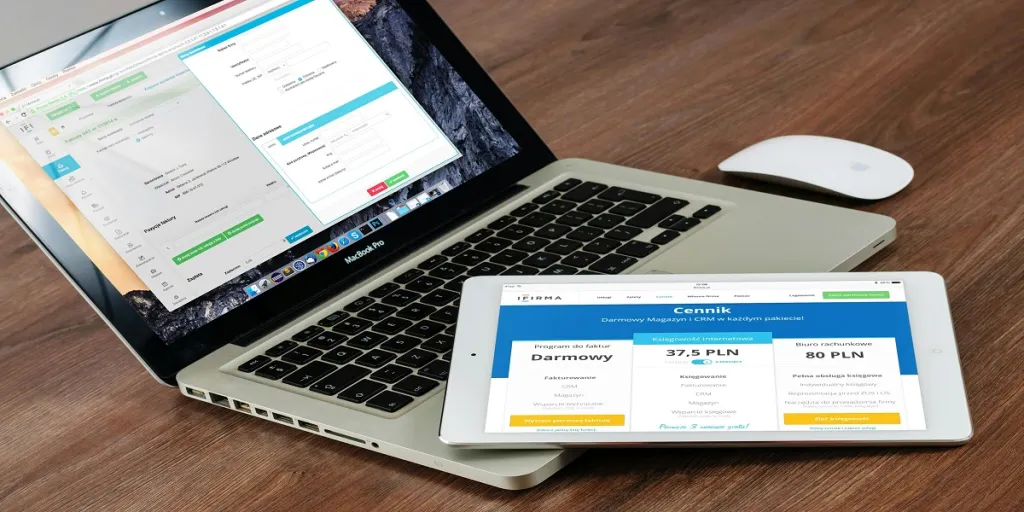One of the first goals of any small business owner in this digital age is building and growing an online presence. Since many won’t have access to tremendous resources like bigger retailers, they will need the right website builder to achieve their goals.
But what makes an excellent platform? Security, affordability, ease of use, SEO readiness, mobile responsiveness, and scalability are just a few of the top qualities of a good website builder. This article will explore six of the best website builders for small businesses that offer all these benefits and more.
Table of Contents
Best website builders: 6 options that are great for small businesses
Try these out
Best website builders: 6 options that are great for small businesses
1. Wix
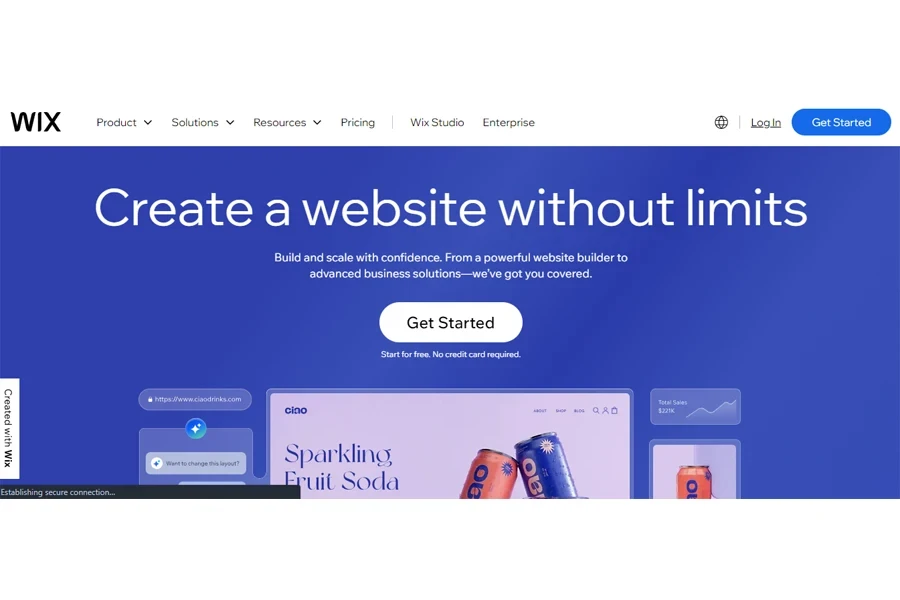
Wix is an awesome website builder for all business sizes. Its platform supports everything from branding to opening an online store. “If you can use PowerPoint, you can create a professional-looking website with Wix,” adds one user fittingly to the ease of this website builder.
Notably, Wix offers a full suite of logo and branding tools that allow businesses to design logos, customize brand colors/fonts, and easily manage branding. In addition, Wix offers many other tools to help make the website-building experience as smooth as possible.
Pros
- Small businesses will gain access to more than 800 fully customizable website templates. Wix also offers drag-and-drop building for each template.
- Wix has built-in payment, inventory, tracking, and marketing tools.
- Small businesses will get Add-ons, like Wix form builders.
- Wix offers secure and free web hosting.
- SEO tools are also available to help businesses rank higher and gain more visibility.
- Small businesses will also get custom domain names and matching emails.
Cons
- Wix’s free plans don’t allow domain personalization.
Pricing
Wix offers five pricing plans:
- Free plan
- Light (US$ 17/month)
- Core (US$ 29/month)
- Business (US$ 36/month)
- Business Elite (US$ 159/month)
2. GoDaddy
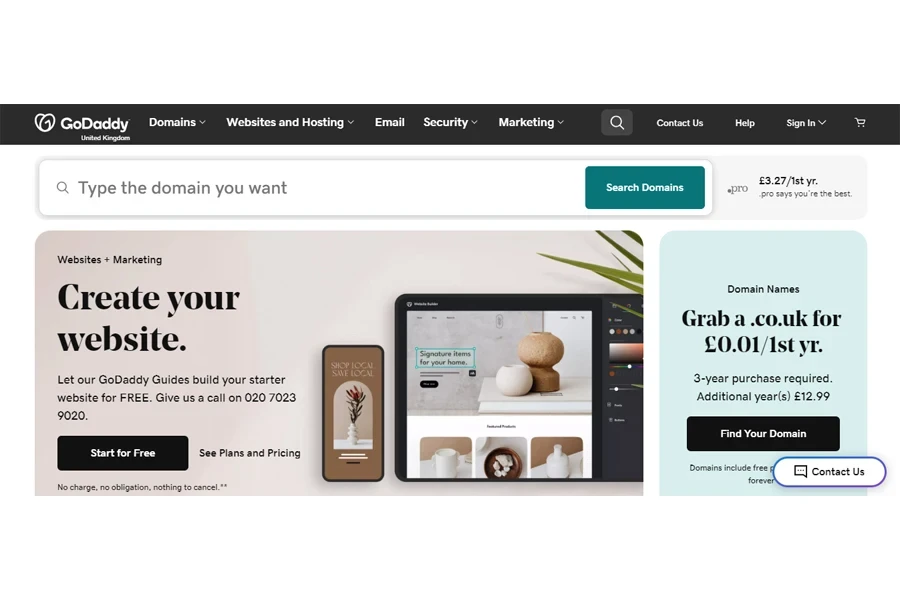
GoDaddy is the perfect tool for small businesses that need to launch a website as soon as possible. This website offers everything required to build and grow their business online, including seamless features like free website creation and customization.
Small businesses will also enjoy SEO and social media tools, flexible upgrades, and professional emails. These tools help take the complexity out of going digital so small retailers can focus on achieving their goals in a competitive online world.
Pros
- GoDaddy offers customizable designs and pre-designed templates with drag-and-drop functionality.
- The website builder has impressive ecommerce tools, including secure payment gateways, product listings, and secure payment gateways.
- Small businesses will gain access to budget-friendly pricing plans and free website options.
- GoDaddy offers domain-matching email addresses free of charge for the first year.
- Built-in SEO tools are also a big part of GoDaddy, allowing retailers to optimize their online content for better ranking.
- The free plan comes with email and social media marketing solutions.
Cons
- Premium plans and domain renewals may be pricey for some small businesses.
- GoDaddy does not have some essential ecommerce features.
Pricing
While GoDaddy offers free websites with built-in marketing and 24/7 support, businesses must upgrade to any of the following plans for more business-building features:
- Basic (US$ 8.95 per month)
- Standard US$ 11.51 per month)
- Premium (US$ 15.25 per month)
- Ecommerce (US$ 17.92 per month)
Note: the prices here are currently on a 30% off promo and may change in the future.
3. Hostinger
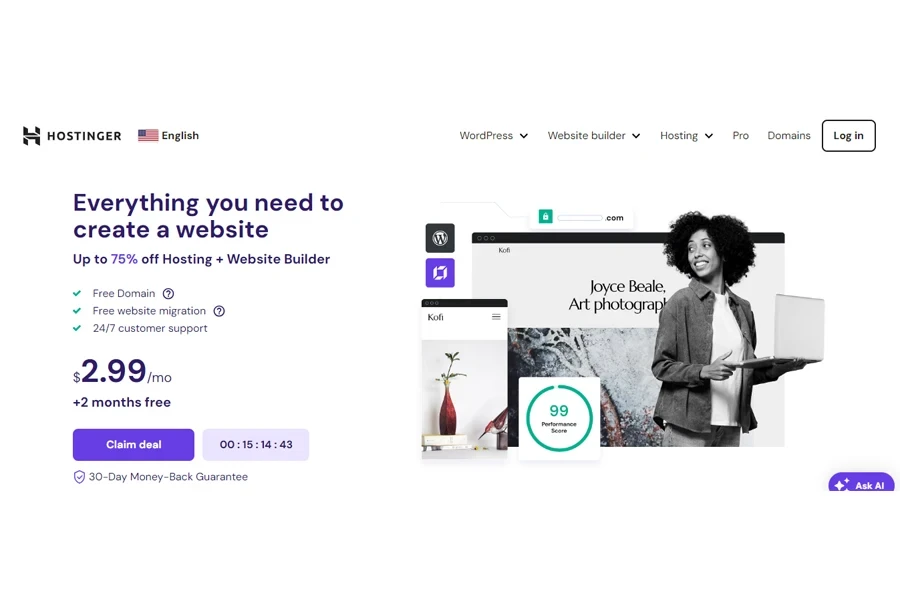
Do small businesses want an affordable, connected website building and hosting solution? Hostinger has got their backs. This website builder was crafted with small businesses and ecommerce sites in mind. Hostinger makes it easier to design beautiful sites without the need for super skills.
Hostinger also stands out with its AI-based tools, which help soften the process of generating SEO-friendly content and images. Small businesses won’t have to invest many resources to increase online visibility—Hostinger can do all the heavy work.
Pros
- Hostinger offers free domain and email hosting.
- The website builder has AI-powered tools, like content generators and logo makers, with its plans.
- Small businesses can visually enhance their site with Hostinger’s useful photo repository.
- Retailers will also enjoy affordable ecommerce options with no transaction fees.
- Hostinger offers over 150 templates with drag-and-drop interfaces.
- Hostinger also has free SSL certificates for better website security.
Cons
- It’s impossible to switch templates after launching a website.
- There is no free plan or trial for users to try features before paying.
Pricing
Hostinger offers two paid plans:
- Premium website builder at US$ 2.99/month (US$ 7.99/month after renewal)
- Business website builder at US$ 3.99/month (US$ 8.99/month after renewal)
Note: Both plans come with a two months free offer after subscribing.
4. Shopify
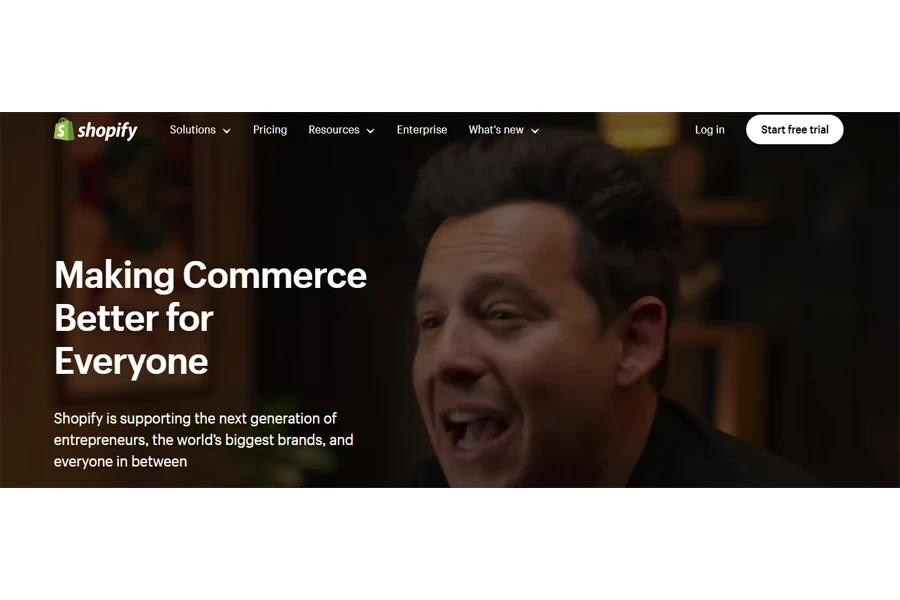
Sometimes, all small businesses need is an all-in-one ecommerce solution. Luckily, Shopify is more than just a website builder. It’s a user-friendly and comprehensive platform with scalability and integrated tools/features.
Shopify can also support online and offline sales needs—all at a pocket-friendly price. For this reason, the platform offers excellent utility for new businesses.
Pros
- Shopify’s interface is incredibly intuitive so businesses can use it without technical expertise.
- Shopify’s websites are secure and reliable, offering fraud analysis and integrated payment options.
- Retailers can use Shopify’s POS system to integrate online and in-store sales.
- Shopify offers various plans to help retailers scale as their business grows.
- Shopify is one the best platforms for dropshipping
Cons
- Users can’t customize beyond the basics without knowledge of CSS/HTML or hiring developers.
- Businesses will pay transaction fees without Shopify Payments.
Pricing
Shopify currently offers a 3-day free trial and a US$ 1 for one-month plan. After that, businesses can subscribe to any of the four plans:
- Basic for solo entrepreneurs (US$ 32 per month)
- Shopify for small teams (US$ 92 per month)
- Advanced for scaling businesses (US$ 399 per month)
- Plus for more complex businesses (US$ 2,300 per month)
5. Webador
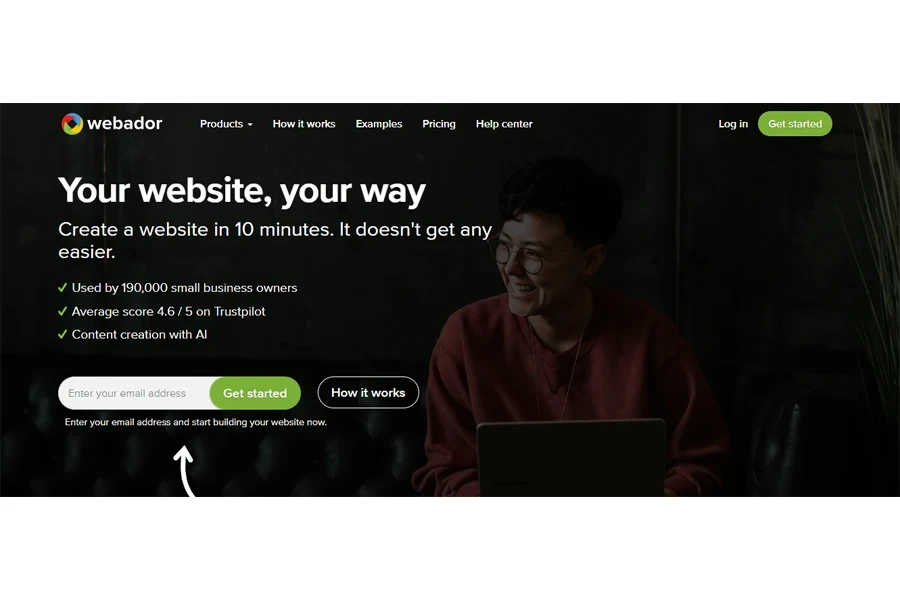
Small businesses looking to go online quickly without facing technical challenges can consider Webador. Its standout feature is an intuitive and responsive editor that allows small businesses to craft functional websites in nothing more than 10 minutes.
Webador also provides a user-friendly product addition and management system for online stores. The platform supports up to four variations (in color or size) of the same product, making it great for small business inventory management.
Pros
- More than 50 mobile-responsive website templates with drag-and-drop functionality.
- Webador’s plans are affordable, even after the discount period.
- The platform offers a suite of SEO tools.
- Webador offers ecommerce tools without transaction fees. Its ecommerce features include order tracking, tax settings, and product management.
- International businesses can benefit from Webador’s multi-language support.
- Small businesses can interact with customers directly through Webador.
Cons
- Although Webador offers versatile templates, they are not industry-specific.
Pricing
Small businesses can subscribe to any of the four plans below to access Webador’s services:
- Free
- Lite (US$ 6 per month)
- Pro (US$ 9 per month)
- Business (US$ 18 per month)
Note: At the time of writing, Webador is offering all plans free for the first six months.
6. Pixpa
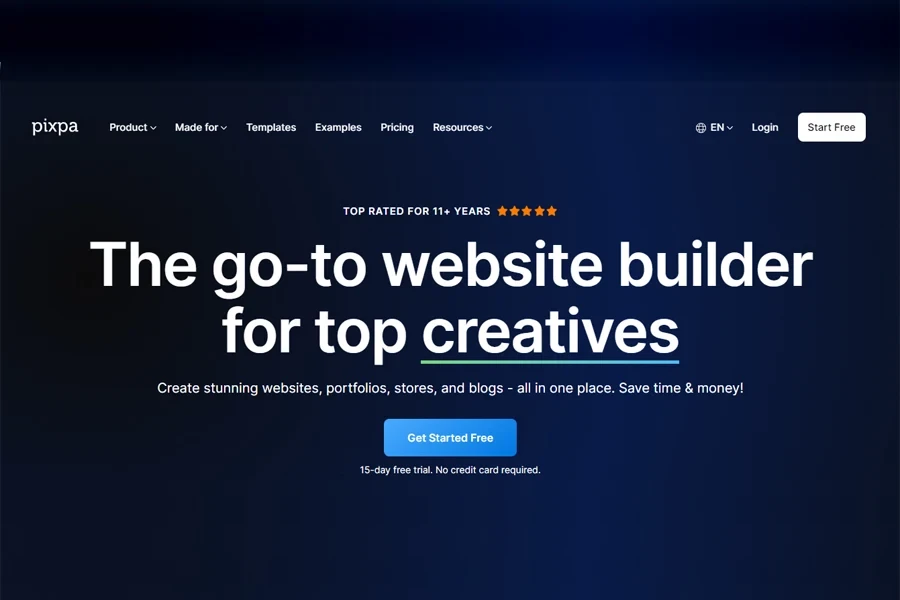
Businesses in creative industries like art, photography, and design have a whole different set of demands. And that’s where Pixpa offers its best services. This visually oriented business website builder offers impressive, mobile-friendly templates.
Its built-in ecommerce feature is of tremendous value, particularly for businesses engaged in physical items, digital products, and services, as it allows for transactions without hidden or extra fees.
Pros
- Pixpa offers more than 150 professional templates.
- The platform has a proofing system that allows customers to select and preview images.
- Small businesses can create a personalized mobile gallery app for clients on Pixpa.
- Pixpa supports multiple languages, making it great for international businesses.
- Retailers can also get built-in SEO and social media widgets.
Cons
- Businesses must get custom domain names from third-party sources.
Pricing
Pixpa offers a 15-day free trial before businesses pay for any of the following plans:
- Basic (US$ 8 per month)
- Creator (US$ 15 per month)
- Professional (US$ 20 per month)
- Advanced (US$ 25 per month)
Try these out
Website builders benefit small business owners looking to create a solid online presence. Though some options can get expensive, they provide increased online visibility, better customer interaction, user-friendly platforms, and sales streamlining at affordable costs.
Each platform explored here offers impressive benefits and features, and many offer free trials for small business owners to experiment. So, don’t hesitate to start your website journey with these easy-to-use and affordable platforms.

